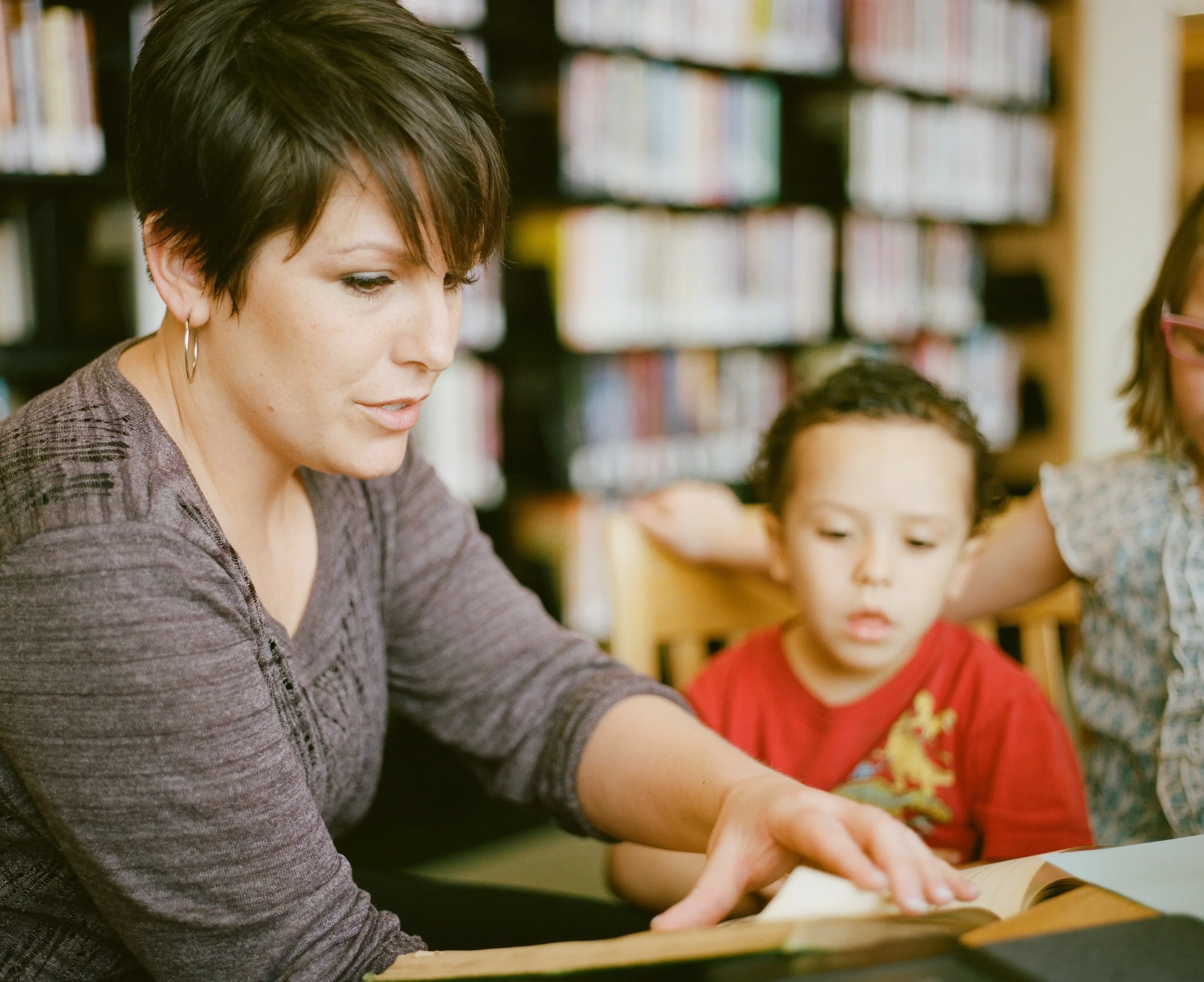Globally there is an increasing focus on the mental health and well-being of children and young people as youth mental health problems have replaced childhood mortality as the most significant challenge for society (WEF, 2020). Dr Sarah-Jane Fenton (@S_JFenton) presents findings from the early evaluation of a UK programme, which offers valuable insights (with Jo Ellins (@DrJoEllins) and the Health Services Management Centre (@_HSMCentre)).
Read MoreMy first experiences of co-production were in the national youth charity Woodcraft Folk (WCF). An organisation founded on principles of co-operation and youth empowerment whose trustee board has included a majority of young people for more than 20 years [1] [2] [3]. From joining, age 8, I was given responsibilities which contributed to collective aims. Co-producing events and campaigns with my peers in the self-organising 16-20 year old section were formative experiences [4]. Age 22, I began working at the head office as a youth empowerment development officer. My role was to support a steering group of young(er) people to run leadership training, improve representation in the organisation, and to have fun (allegedly then the only big lottery funded youth programme using ‘fun’ as an outcome measure!). Of course, it wasn’t perfect co-production - the holy grail – but, in these roles I witnessed the ‘magic’ and ‘electricity’ often spoken about in relation to co-production.
Read MoreIn today’s post, CR Byrne draws on her experience to explore how Australia’s welfare system creates barriers to support for people with chronic illness and disability. CR Byrne is an activist and photographer.
Read MoreIn the wake of the budget, the Antipoverty Centre asked people on Centrelink payments – the real social policy experts – for their reactions. A contributor shared how he and other carers performing unpaid labour save the government money, and another describes the devastating impact of the failure to raise the JobSeeker rate on welfare recipients.
Read MoreIn the wake of the budget, the Antipoverty Centre asked people on Centrelink payments – the real social policy experts – for their reactions. One said “This budget is democide. This is social murder. They cannot claim ignorance of the deaths that keeping the welfare rate below the poverty line will cause. A number of them have even said during parliament that the rate is far too low to survive on, but when it comes time to change it they chose not to.
Read MoreAfter the 2022 Federal Government budget, The Antipoverty Centre asked people on Centrelink payments – the real social policy experts – for their reactions. One example: “This budget is an exercise in austerity & cruelty for the poorest, most vulnerable Australians, but for the wealthiest Australians it's an exercise in government handouts.’
Read MoreAeryn Brown is a JobSeeker recipient from Tasmania. They authored the below open letter to social security minister Amanda Rishworth as part of the Break the Poverty Machine week of action, which will be held to mark the International Day to Eradicate Poverty on 17 October – one week ahead of the federal budget. People on low incomes and supporters can get more information and register to participate in the #BTPM protest (either online or in person in Adelaide) here: btpm2022.eventbrite.com.au
Read MoreMarina is one of nearly 900 000 Australians who are either unemployed or underemployed and who receive either Jobseeker Payment or Youth Allowance. This open letter is to Amanda Rishworth, Minister for Social Services in preparation for an upcoming “raise the rate” protest hosted by the Anti-Poverty Centre and the Australian Unemployed Workers’ Union on International Day for the Eradication of Poverty.
Read MoreMarcella Brassett from Democracy in Colour argues the national anti-racism strategy cannot be just another tick-a-box, saying “Black, Indigenous and People of Colour (BIPOC) have done our bit for diversity and inclusion ‘way out’ for white people with power. We need to act on every level to make Australia a safe place to live, work, build families and futures for everyone, not just Anglos.”
Read MoreToday’s blog post from Myfan Jordan (@myfan_jordan) of Grassroots Research Studio follows last week’s article describing workplace experiences for women over 40 during the pandemic: Pandemic or endemic: older women and the toxic workplace. Today, we hear the experiences of a disability educator and a healthcare worker during the pandemic. In their own words, they tell us of the psychological health and safety risks they experienced working at the frontline.
Read MoreChildren and young people continue to be sidelined in policy making, even as calls grow for their views and experience to be included. Sharon Bessel, director of the Children’s Policy Centre, and of the Poverty and Inequality Research Centre at the ANU, takes us through how children should be central to the move to a wellbeing budget and addressing poverty.
Read MoreGlobally 5% of people live with severe mental illness which includes schizophrenia, other psychotic disorders and bipolar disorder. Antipsychotic medication is the main treatment option and whilst helpful in controlling psychotic symptoms, they can cause debilitating side-effects. This may lead individuals to abruptly stop medication, without the knowledge of clinicians, which for many increases the likelihood of relapsing.
Read MoreIt’s Refugee Week; Australia’s peak annual activity to raise awareness of the issues affecting refugees and to celebrate positive contributions made by refugees to Australian society, coinciding with World Refugee Day on June 20.
Jane McAdam, Scientia Professor of Law and Director of UNSW’s Kaldor Centre for International Refugee Law, reflects on the opportunity before the new federal government to reset Australia’s refugee policies. This opinion piece was originally published in The Age on 30 May 2022.
Read MoreToday’s post is from Giselle Newton (@newtonatron) from the Centre for Social Research in Health, UNSW Sydney, about her research into donor-conceived people’s experiences, views and support needs in a digital era. She reflects on strengthening policy and legislation in this fraught and quickly-evolving policy area.
Read MoreCommunities of colour have campaigned and organised our way out of becoming an election wedge. Marcella Brassett from Democracy in Colour explains how community organising has built the power and network of people of colour in Australia to self determine their own issues and solutions, to ensure racist vilification is not at the centre of election campaigning as it has been in the past.
Read MoreAfter being punished by hostile welfare and housing systems, a trans welfare recipient reveals how she was able to rebuild her life through the power of queer solidarity and mutual aid. The author, Natalie Feliks, is a writer and activist currently living in Naarm. This post is part of series of articles curated for Power to Persuade by the Australian Unemployed Workers Union, shining a light on people’s experiences of the welfare system.
Read MoreToday’s post is the first of a series of articles curated by the Australian Unemployed Workers Union shining a spotlight on people’s experiences of the welfare system. In the wake of yet another Federal Budget that punishes and starves welfare recipients, a woman living on the Disability Support Pension details the “tightrope of poverty” that she fears will result in her death. This brave and important piece is by Emma Morris, a passionate advocate for disability, LGBTQIA+, and neurodiverse rights as a proud member of each of these communities.
Read MoreIn the wake of anti-poverty week Joey King, a community services professional and student living with mental illness, details the systemic pressures that keep her ‘dirt poor’ and homeless.
Read More




















